Subscribe to the Newsletter
If you are interested in understanding how Traditional Chinese Medicine can improve your life sign up to my newsletter for the latest updates.
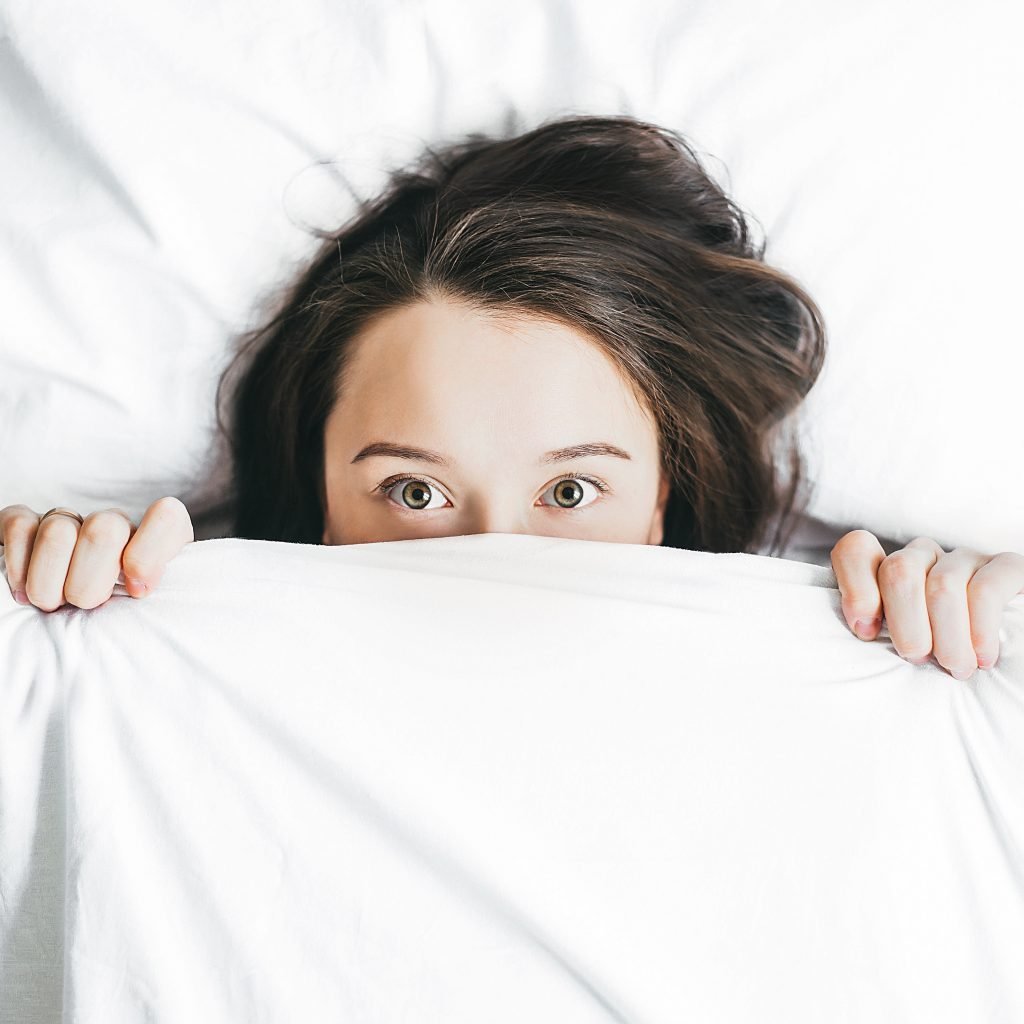
Key Learning Points
Snoring can be bad for you.

And it can be devastating for your partner! Marriages have foundered on it.
Many people say it interferes with their sex lives.
The ancient Chinese must have snored because their doctors certainly gave it a lot of thought.
Here’s what they came up with.
If you’ve just alighted on this page from a search engine, you’re going to have to grapple with a couple of ideas that may be new to you.
Chinese medicine approaches health and disease from a radically different viewpoint, so if you’re only interested in what Western or orthodox medicine has to say about snoring, off you go.
Lacking the last two hundred years of technical advances, investigation and theory, 3000 years ago the Chinese developed their own way. Not much of it came from cutting into bodies.
Pragmatic and flexible, their system of medicine has many ways of approaching disease. One of them involves the zang ‘energy organs’. One of these energy organs is your Spleen.
This Spleen zang (CAPITAL ‘S’) is not the same as the spleen organ (low-type ‘s’), which is behind your lower left ribs at the front of your body. When damaged or diseased this can sometimes be removed without loss of life.
Picky technical stuff: probably we should say the Spleen-Pancreas zang and not merely the Spleen. Possibly the Pancreas is more important, even in Chinese medicine. Don’t know! – but Greater Minds than mine may be shifting their allegiance towards it.
We do seem to be able to get along without our spleen organ, though not in full health. People get diabetes when their pancreas fails, and few would keep daily injections of insulin if they could get their pancreas working again. So we can’t get along without the pancreas, except by taking insulin.
We most certainly cannot do without our Spleen or Pancreas Zang/Energy organ.

If you clicked on the Spleen link above you’ll have read that the Spleen is like a housekeeper, in charge of keeping your body neat and functioning efficiently. If you’ve watched Downton Abbey (the TV serial) you’ll recognise what I mean.
Or think of Batman’s butler, Alfred. We don’t see much of him, but:

Your Spleen zang/Energy Organ helps absorb what you eat and takes the nourishment to where it’s needed. It patrols your body, removing old, dead and diseased tissue. It builds your muscles, mends the damage and clears the garbage.
It keeps things in place! That’s important as you grow older or weaker. Usually young people snore less, the reason being that their (healthy, young) Spleens don’t let tissues in nose, mouth and throat get lax.
It also has a significant contribution to your thinking, helping you concentrate, martial your thoughts, think things through and so on.
When a housekeeper is overwhelmed by events, what happens?
The big house grinds to a halt! Servants become unruly and messy, food supplies are disrupted, vital repairs don’t get done to the fabric of the building, and the owner (that’s YOU) can’t function. You get irritable and tired.
And junk piles up in corners.
Here’s another idea to grapple with. Chinese medicine is made up of syndromes of disease (another page to get your head round! Sorry.)
Damp is a major cause of health problems, so do please read the page linked. It causes heaviness, swelling and tiredness, and it affects some people more than others.
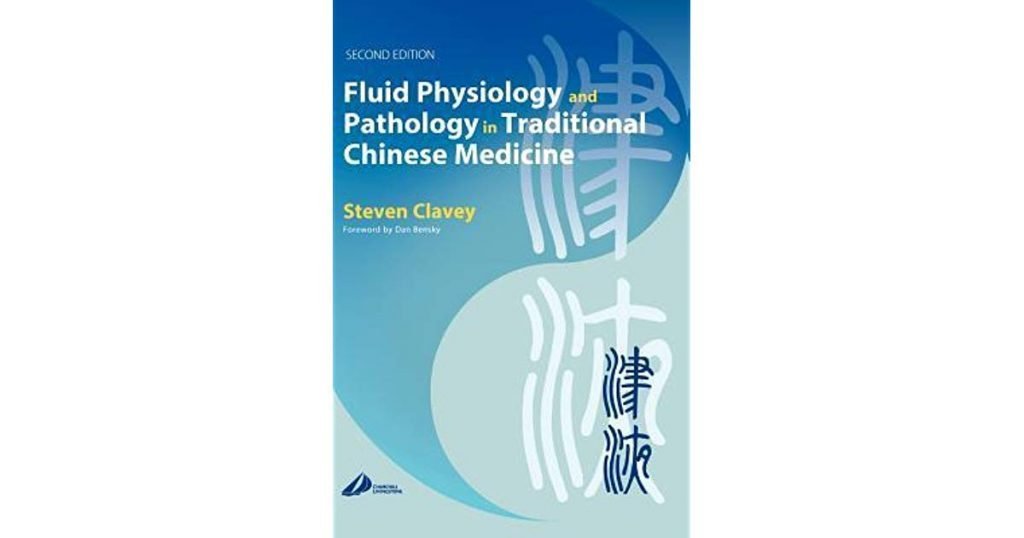
Phlegm is the other problem, more intractable than Damp. In Chinese medicine Damp and Phlegm were carefully distinguished and in fact whole books have been written about them! See above – probably the best book in the English language on the subject on bodily fluids from the Chinese medical perspective. (Warning! If you think Chinese medical theory is just a bit of YinYangery you may be in for a surprise. It’s quite a deep read.)
When either turns up, your acupuncturist begins to look a bit introspective. It means he or she has got a whole lot more to sort out than just the ‘simple’ problem you think you have.
Your Spleen is pretty hardy, but our modern diet and lifestyle can ruin it. Your Spleen wasn’t made to cope with all the wonderful food additives we use. Nor, for a million years or so of evolution, did it often encounter sugar and sweeteners. Disaster!
And also, in the past, most of us had to work physically to live We didn’t sit at a desk for hours working only our brains, eyes and hands.

It was hard, tiring work. Your Spleen loved it. We were fit.
Your Spleen doesn’t enjoy over-eating; huge meals eaten just before sleep; a constant supply of rich, spicy, salty, sweet food; lack of exercise; alcohol that heats and intoxicates us.
When your Spleen can’t cope you get tired, and in time you get signs of Damp and Phlegm.
These are Yin-excess substances that block the free flow of Qi and Blood round your body. Like piles of rubbish on streets, they impede the traffic.
And when you lie down to sleep, if you have Phlegm or Damp in your breathing passages, and your Spleen can’t quite keep everything in place, you open your mouth and snore.
Some people don’t open their mouths, but still snore, because of the junk in their noses or because of lax tissues in the back of their mouths and throats: again, often from weak Spleen Qi.

Stay in Touch!
No spam, only notifications about new articles and updates.

Book a Video consultation if you want to know more about your symptoms
Notice that only one of them specifically mentions the Spleen! That’s because it’s taken as read that the Spleen energy will need treatment.
Also, to start with I’ve listed only four syndromes. These are the worst, but many snorers don’t have them, or have only the first one in such an early stage of development that they would probably dispute it. They just have a weak Spleen causing lax tissues in the throat, and some Phlegm. That’s enough to make many people snore.
There are many devices and systems you can buy to help you to stop snoring – some of them are probably promoted by advertisers on this page! – but before you spend your money at least consider what you can do about it yourself.
First, try to establish the cause of your snoring. Chinese medicine, as perhaps you’ve read above, suggests that snoring arises mainly when your Spleen energy can’t cope.
However, there are other possibilities, including respiratory, hence the importance of the Lung energy in the syndromes listed above.
With both Spleen and Lung involved, several further syndromes enter the picture:
So, what to do? Most of the following are not quick fixes, though some do work fast, but they are suggestions for the long-term.

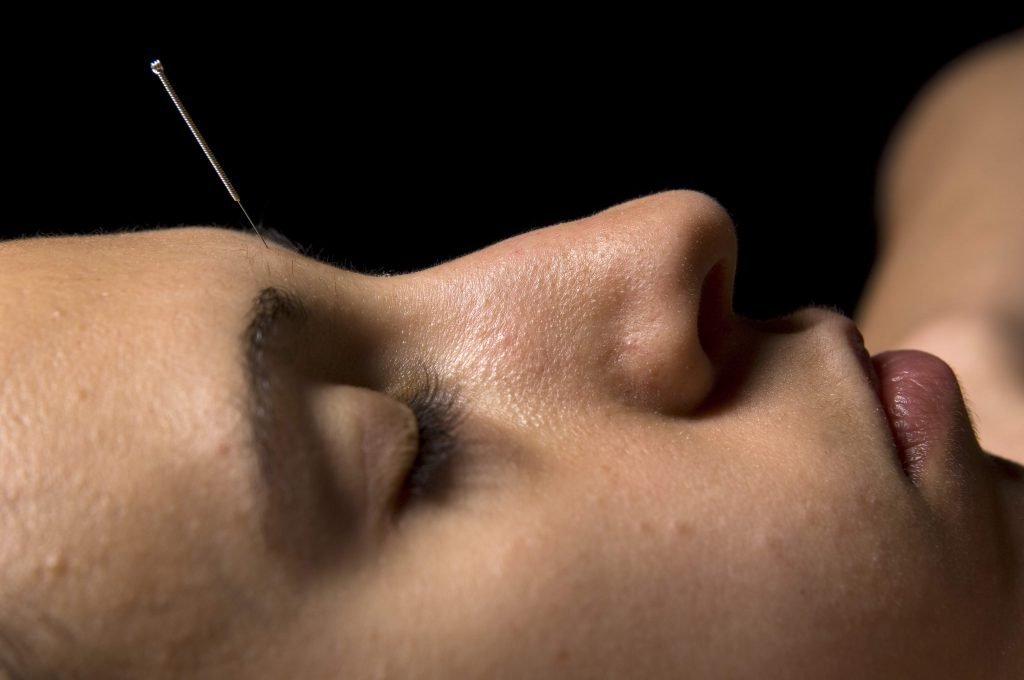

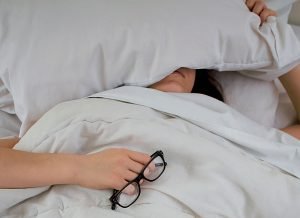
Liver Qi stagnation can eventually cause many other syndromes including Spleen and Lung syndromes.
(Ahem! Read my book – below – to understand how it works and how to use the stagnant energy to your advantage. End of Ahem.)
Up above I made a short list of factors that contribute to Kidney deficiency. Ageing is one of them. What can you do about ageing?
Well, believe me, practitioners of Chinese medicine have been giving this serious thought for 3000 years.
What have they come up with? Tai Qi (also written as Tai Chi).
So learn Tai Qi!
(Or practise Yoga.)
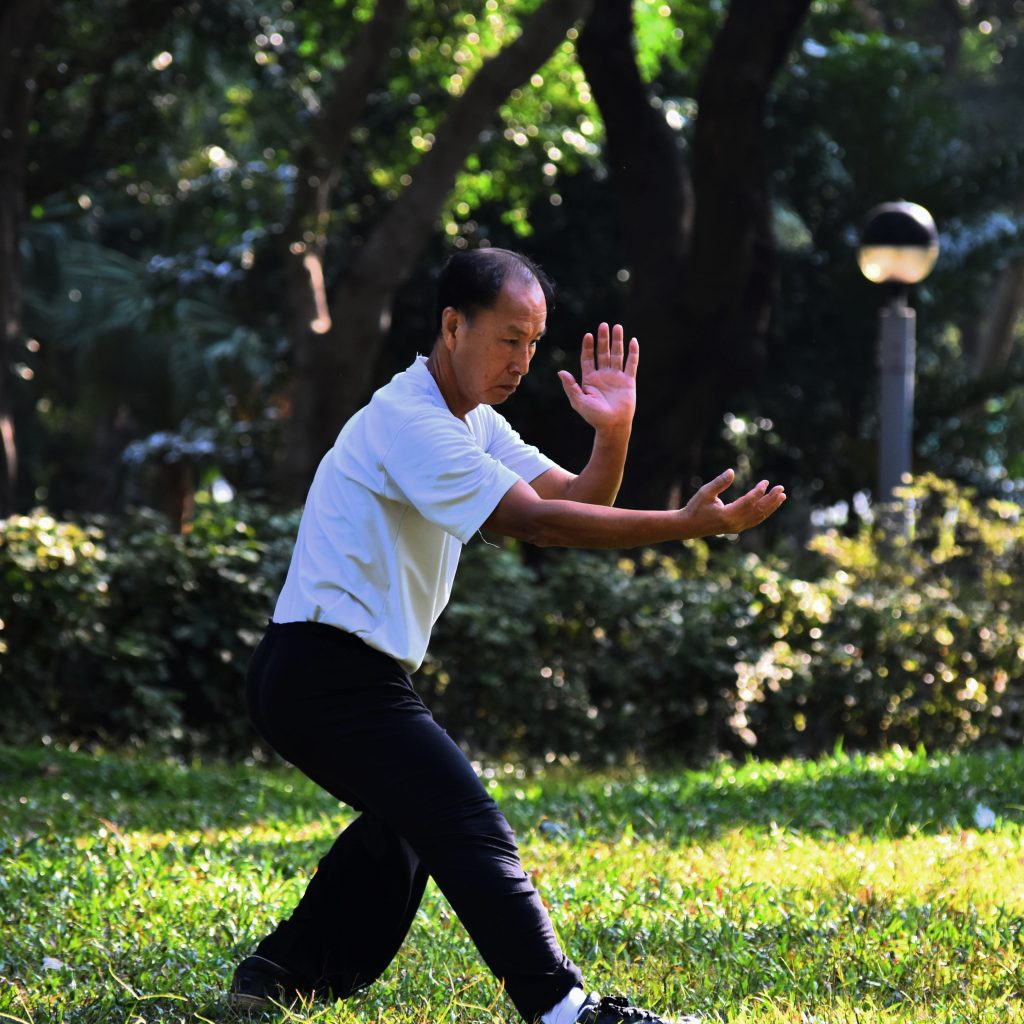
Well, don’t rush out, promising yourself you’ll faithfully follow all the above suggestions when at the same time spend good money on some device that promises instant results! At least, not before you’ve tried the above much cheaper and longer-lasting DIY options.
Do please try the above suggestions for a month or so first!
Only then, as you’re learning to sing, and your partner is still sleeping in another room, consider one of the devices advertised.

This Introductory Chinese medicine course introduces you to the amazing thinking behind this ancient medicine, now increasingly in demand.

The Scottish College for Chinese medicine provides introductory courses for all, explaining Chinese medicine and its cultural background.
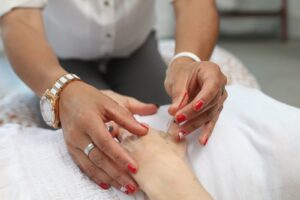
Master Tung’s acupuncture is a hidden treasure, lost to China but recovered in Taiwan from where it spread round the world.

Knee pain has five main causes. It’s certainly worth trying acupuncture before you resort to surgery!
Subscribe to the Newsletter
If you are interested in understanding how Traditional Chinese Medicine can improve your life sign up to my newsletter for the latest updates.
Subscribe to the Newsletter
If you are interested in understanding how Traditional Chinese Medicine can improve your life sign up to my newsletter for the latest updates.
2 Responses
This is quite an illuminating read.
There’s a treasure-trove of tips to help with snoring. I’m keen to try out acupuncture and see how it helps with my qi and snoring.
Hi Jerome – Glad you like the page on snoring! Chinese medicine has a lot to offer and to a large extent we should aim to improve our breathing, digestion and sleep before receiving therapy. The culture behind Chinese medicine shows us where we’re often going wrong and what we can do for ourselves first. Jonathan